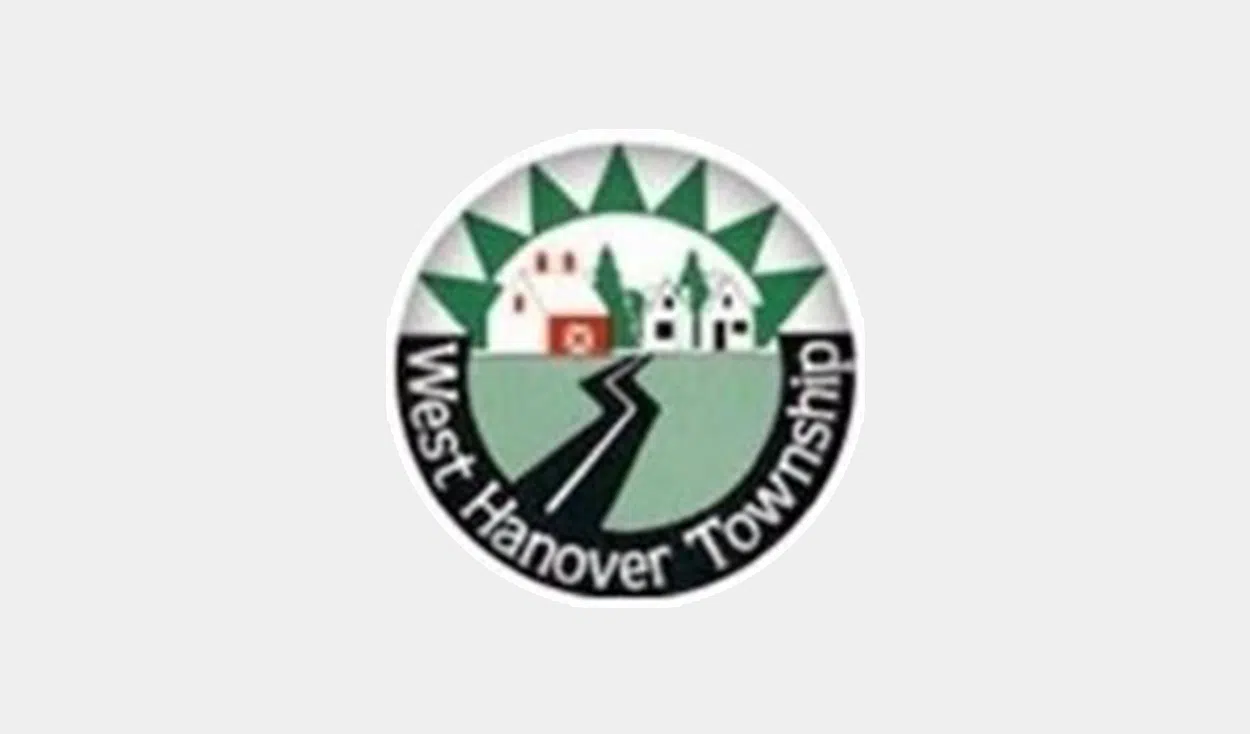The Challenges
Having previously experienced the impact of a sewer pipe bursting and flooding the basement where thousands of physical township documents were stored, West Hanover Township Manager Mike Gossert was determined to tackle the backfile conversion project in 2020. “It’s common to get requests for reviews of minutes or subdivision plans. Knowing that our only copies of these documents were vulnerable – that’s the kind of thing that keeps you awake at night,” said Gossert.
While protecting township documents from any future damage was undoubtedly a concern, the storage of paper documents also requires a healthy amount of square footage. With plans to build a new township building in the works, the intention was to cut down on the amount of square footage required for document storage going forward.
Client Challenges
- Concerns about document loss – with most of West Hanover Township’s stored records being the only copy in existence, there was understandable concern about protecting the information
- Storage space – The township was storing more than 100 boxes of physical documents in the building’s basement. Most boxes contained approximately 2,200 documents each. Stored files included planning documents, permits, meeting minutes, etc. Some filed, some folded, and some large format documents rolled up
- Staff productivity – Finding a document when it was requested required significant staff time/effort. Document retrieval during the pandemic was particularly challenging
- Potential negative impact should the township be unable to produce documents due to loss or destruction
The Solution
For help in addressing these critical business challenges, West Hanover Township turned to the Document Scanning/Conversion Services team at HIG. Higher Information Group promptly developed a solution to fully manage a document conversion project, securely converting all township documents from paper to digital format.
Project Involved
- Picking up records from the township office, completing a Chain of Custody Agreement and Record Transmittal
- Barcode labeling and transportation of materials to HIG’s conversion facility using company vehicles/couriers
- Preparation of materials for scanning – removing staples, fasteners, clips, mending bent corners, performing minor repair and inserting barcoded separator sheets
- Image on demand – 1/2 day response service as needed
- Scanning all documents as 200 dpi, bi-tonal, single-page pdfs – per the customer’s request
- Returning all pages to their original file folders (without paperclips, fasteners, etc.)
- Records held in HIG’s secure facility until final orders to destroy or return were received
- Returned documents were delivered back monthly
- Documents were securely destroyed and Certificates of Destruction were provided as needed
- Client established a “not to exceed” budget and HIG managed internally
- Client received digital files loaded onto flash drives
- Project will be ongoing to further prevent contined backlog of paper documents
The Results
By converting documents of all sizes to digital image files, Higher Information Group helped West Hanover Township begin its transition from a paper-based to a digital data storage and retrieval system. During the conversion process, if West Hanover needed a specific document that was stored at HIG’s imaging center, they requested the “Image on Demand”, and the files were sent with a 1/2 day response time. In about four months time, HIG successfully converted approximately 165,000 pages from paper to digital format.
With converted files now stored in one consistent format and in one centralized location stored in the cloud, West Hanover staff can spend more time on essential job functions and less time searching for information. According to Mike Gossert, “Document retrieval was a challenge – especially during the pandemic. Staff had to come into the office and search for papers. Now this task can be completed remotely at any time.”
Project Results
- Over 165,000 records now centrally stored & electronically searchable
- Boosted Staff Efficiency – Staff can now access a file within seconds from anywhere
- Reduced Storage Space
- Increased Document Security – Limited who can access the files to ensure sensitive data is protected
- Disaster Recovery Planning – Paper files are vulnerable to many forms of destruction, but digitized documents can be recovered with a click










